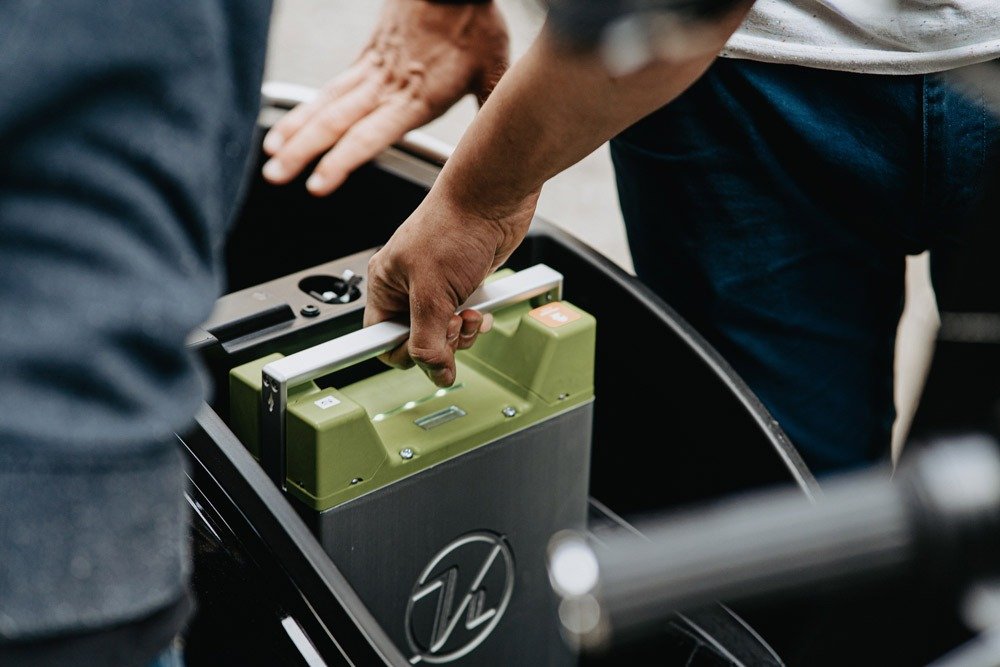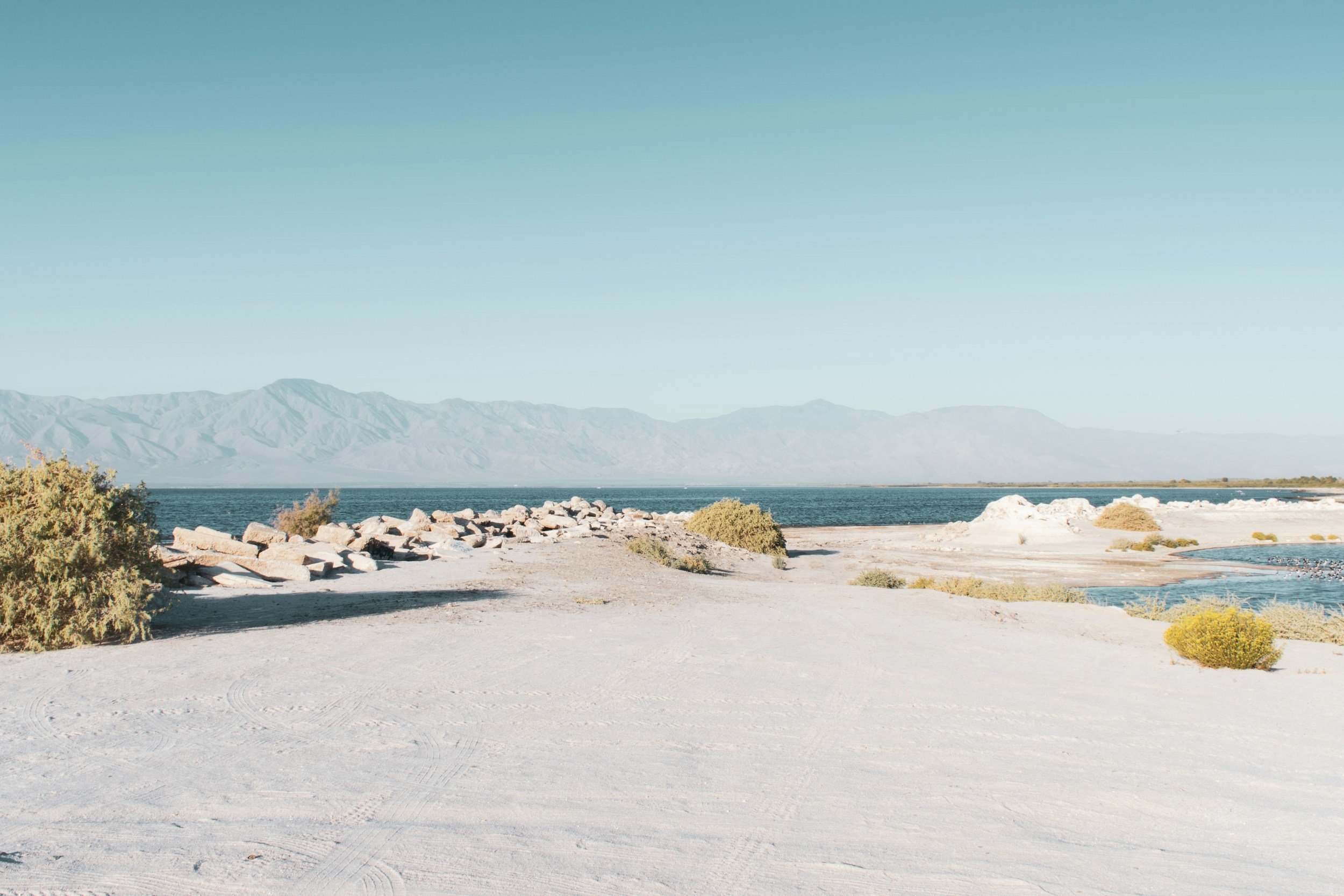
Media coverage
Powering Up Lithium Valley
USC Today
March 28, 2025
Southern California’s Imperial Valley is a region of economic distress and environmental trauma. Can untapped lithium reserves near the Salton Sea fuel a clean-energy economy — and a more prosperous future?
Carbon markets gone wild
Politico
February 19, 2025
California climate and energy reporter Blanca Begert covered the state of carbon markets and lithium market maturity in part through a moderated discussion with authors Benner and Pastor at the UC Student and Policy Center.
The litmus test posed by ‘Lithium Valley’
Politico, California Climate
December 6, 2024
Manuel Pastor and Chris Benner spoke with Politico on the challenges and opportunities for equitable development in Imperial County’s “Lithium Valley” —particularly in the wake of the election. As federal funds flow to lithium extraction projects, local majority-Latino communities are advocating for stronger community benefits and environmental accountability. Explore their insights on how these tensions and decisions could shape the future of energy and equity far beyond California.
Charging forward: ‘Lithium Valley’ could offer prosperity for marginalized area of California
Bay City News/LocalNewsMatters.org
January 31, 2025
Climate journalist and editor Twilight Greenaway spoke with Chris Benner and Manuel Pastor about the changing auto industry and its connection to lithium extraction, jobs, and environmental justice. As California’s Salton Sea region faces a historic opportunity for greater equity, local activists are pushing for long-term economic benefits and strong environmental protections for impacted communities.
Charging Forward
New Books Network podcast
October 9, 2024
Prof. Stephen Pimpare interviewed Chris Benner and Manuel Pastor on the questions raised by Lithium Valley and what’s at the heart of the “green transition.” Weaving together movement politics, federal policy, and autoworker struggles, they stressed that getting the lithium out from under the earth is just a first step: the real question is whether the region and the nation will get out from under the environmental degradation, labor exploitation, and racial injustice that have been as much a part of the landscape as the Salton Sea itself.
Imperial Valley’s lithium reserves could power a global energy transition. But will they also fuel local economies?
UC Santa Cruz News
November 18, 2024
Imperial Valley's lithium reserves position it as a potential leader in the global energy transition. However, local communities have historically faced unfulfilled economic promises. In Charging Forward, authors Chris Benner and Manuel Pastor advocate for partnerships among clean energy companies, government agencies, and community groups to ensure environmental and economic equity benefits, including dividends and well-paying union jobs.
Lithium Valley Symposium Talks Jobs, Among Topics
Calexico Chronicle
April 8, 2024
“Keynote speaker Dr. Manuel Pastor, a Professor of Sociology and American Studies & Ethnicity at the University of Southern California and co-author of the book Charging Forward, synthesized the key themes addressed in the symposium and elaborated on his experience with the Salton Sea region that drove him to write a book about the area and the emerging possibilities.
He explained the concept of ‘transition’ using the Salton Sea as an example — ‘from a place that was bountiful in nature, to an environmental disaster zone of what we’ve seen over the last several decades … from a land that promised opportunity for people who came here … to becoming a county that has been consistently either No. 1 or No. 2 poorest county in the state (with a median household income about one-third of that of Silicon Valley).’”
‘Lithium Valley’:
Inside California’s ‘white gold’ rush
USC News, Science/Technology
December 7, 2023
The race to mine American lithium at the Salton Sea is intensifying, but USC experts caution against potential environmental health impacts in a region already burdened by poverty and air pollution.
“‘Lithium Valley’ is now poised for a potential economic boom — one promoted not just by companies but by environmentalists who believe that the method of lithium extraction being proposed there is the ‘greenest’ approach available,” said Manuel Pastor, director of the USC Equity Research Institute. “But the question is, who will benefit from the boom and who will face continued marginalization?”








